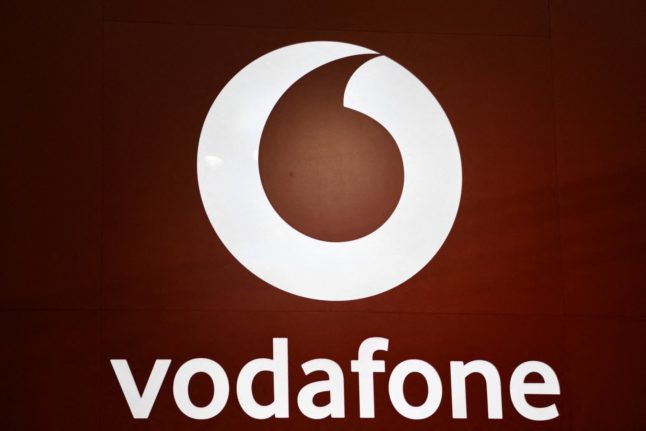Worldcoin, set up by OpenAI chief executive Sam Altman, began operating last year and provides users with a private digital identity – a “World ID” – after they get their eye’s unique iris pattern scanned.
The project, according to its founders, aims to solve one of the main challenges facing the crypto industry that largely relies on pseudonyms to operate, leaving it vulnerable to spam bots and scams.
Spain’s data protection agency AEPD said it has ordered the suspension after receiving several complaints against the firm denouncing a “lack of information”, the collection of date from minors or the fact that withdrawing consent is not allowed.
“The processing of biometric data … entails high risks for people’s rights, taking into account their sensitive nature,” the statement said, adding the ban has a maximum validity period of three months.
“This decision is based on exceptional circumstances, where it is necessary to adopt precautionary measures aimed at the immediate cessation of the processing activities to prevent the possible transfer of data to third parties and to safeguard the fundamental right to the protection of personal data.”
Worldcoin has raised alarm bells of regulators around the world, who are concerned about the collection, storage and use of personal data.
Kenya in August suspended the project after thousands of people had already participated.
Worldcoin has said the biometric data it collects is either deleted or stored in encrypted form.
READ ALSO:



 Please whitelist us to continue reading.
Please whitelist us to continue reading.
Member comments